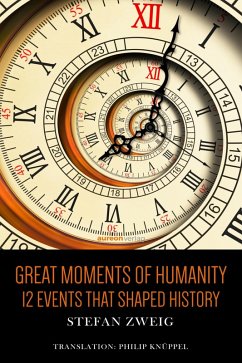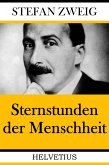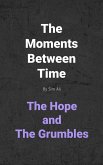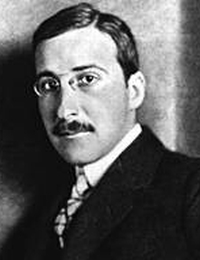In this book, Stefan Zweig traces 12 fateful events of world history in his unique artistic style: from the conquest of the Byzantine capital of Constantinople by the Turks, to the Battle of Waterloo to Sir Robert Falcon Scott's tragic South Pole expedition. The human character and sometimes simple fate are decisive historic factors that have led to dramatic and lasting changes in the past. Often short, coincidental and highly dramatic moments have the potential to change the future of mankind in a decisive manner - the so called Great Moments of Humanity. The original book has been published in 1927 in Germany under the title: "Sternstunden der Menschheit".
Dieser Download kann aus rechtlichen Gründen nur mit Rechnungsadresse in A, B, BG, CY, CZ, D, DK, EW, E, FIN, F, GR, H, IRL, I, LT, L, LR, M, NL, PL, P, R, S, SLO, SK ausgeliefert werden.










